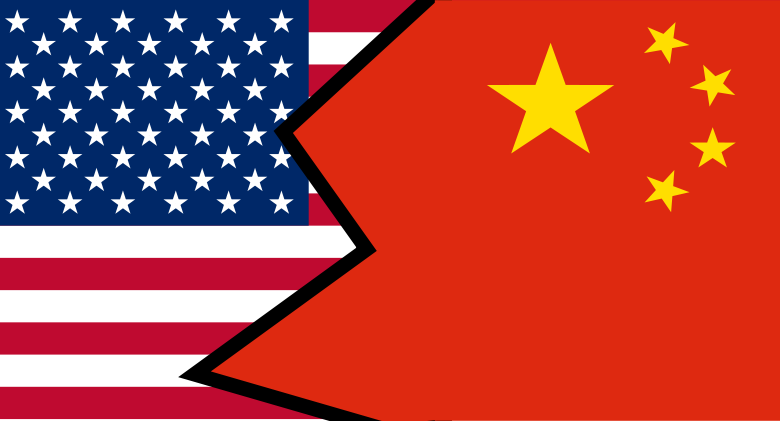Trump Opens Door to Assess Chinese Trade with Intellectual Property
President Trump has directed U.S. Trade Representative Robert Lighthizer to examine China’s trade policies thought to harm American intellectual property (IP) rights. Depending on his consultation, a formal investigation against China might be launched which may result in tariffs or other trade sanctions in the future. This move had been expected earlier, but was put on hold while the United States lobbied United Nations members to impose new sanctions on North Korea.
Americans for Tax Reform circulated a letter praising President Trump for his commitment to intellectual property rights. In February 2017, Property Rights Alliance, in partnership with 69 organizations, addressed to the Trump Administration and to the 115th U.S Congress a coalition letter about the importance of intellectual property.
- Intellectual Property Rights Are Grounded in the Constitution
- Intellectual Property Rights Are a Fundamental Property Right
- Intellectual Property Rights Promote Free Speech and Expression
- Intellectual Property Rights are Vital to Job Growth & Economic Competitiveness
- Intellectual Property Rights Must Be Protected Internationally
- Intellectual Property Rights Are Integral to Consumer Protection and National Security
- Intellectual Property Rights Must Be Respected and Protected on the Internet
IP is vital for the U.S. economy and crucial to boost innovation and creating millions of jobs. According to a recent report by the Department of Commerce and the Patent and Trademark Office, IP intensive industries directly employed 27.9 million jobs in 2014, and indirectly employed 17.1 million more. In total this accounted for 30 percent of all jobs in the economy, and added $6.6 trillion to U.S. GDP.
Some of the reports about Chinese trade have been concerning in the past as well. According to the Department of Homeland Security, 88 percent of seized counterfeit goods come from China and Hong Kong, and the Commission on the Theft of American Intellectual Property recently released a report indicating that Chinese government policies have led to the theft Amercian IP, which matches similar reports from the European Union. For example, many fear that Chinese joint venture requirements or equity ownership limitations are specifically designed at transferring United States technology to Chinese companies.
This new action from the Trump Administration comes during a time of international upheaval. Threats have been escalating between the United States and North Korea over nuclear weapons, NAFTA is being redrafted, and an administration that routinely blames trade with China for the loss of manufacturing jobs, international relations have been left in quite a flux.
International trade, especially involving China, has been one of Trump’s longest campaign promises as part of his ‘America First’ policy platform. In particular, Trump pointed out the United States’ trade deficit with China, which was $347 billion in 2016, indicating that the United States is gaining more goods and services than it sends away. Trump believes that this deficit is responsible for United States unemployment, and has vowed to reduce it.
International politics can be a tangled web of alliances at times, but the first duty of any government should always be to defend the rights of its citizens. This includes not only the citizens’ right to not be obstructed from trading with other nations, but also to guarantee that these traders are not robbed or defrauded with counterfeits. Moving forward, we would like to see peace and prosperity achieved for both the United States and China by respecting property rights, and upholding free trade and free markets, as trade brings about mutual benefit, while theft only poisons relationships.

